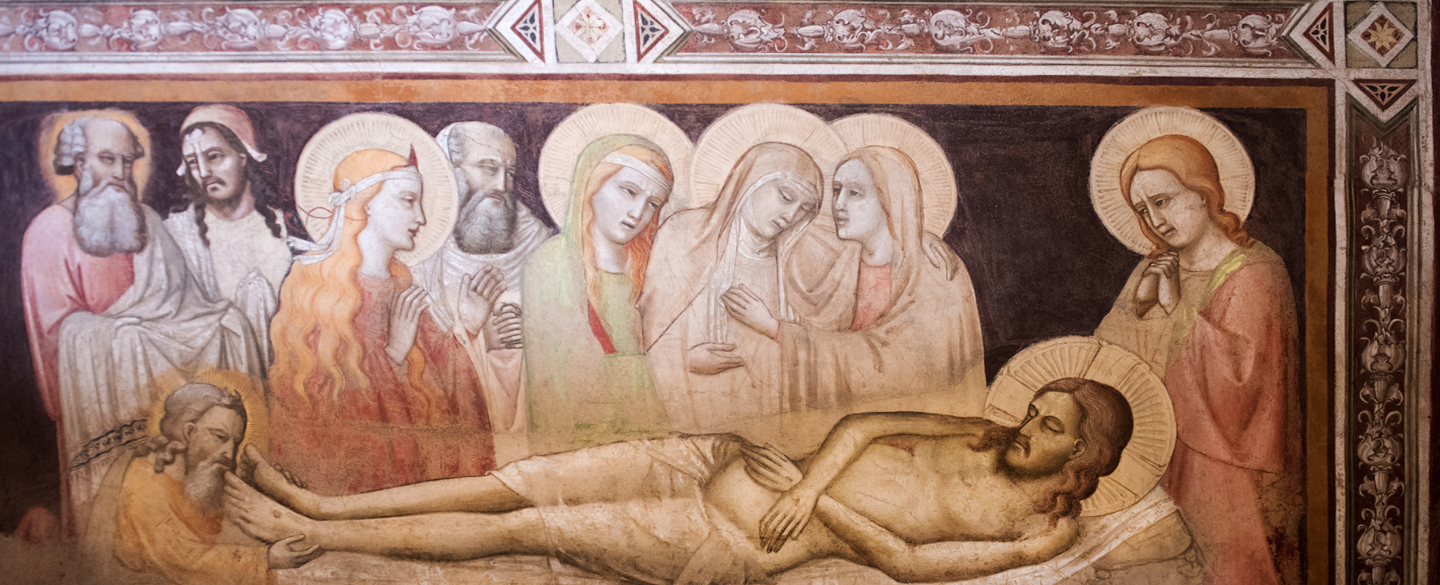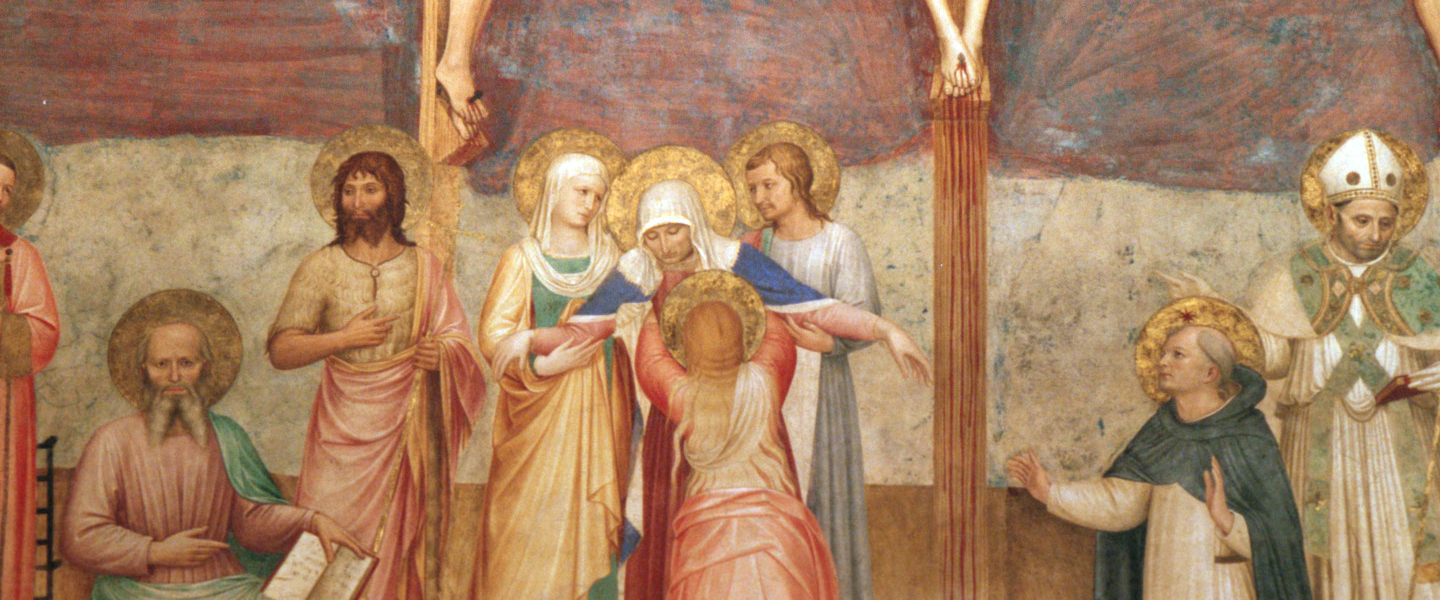
After Magdalene was converted to penitence the Lord bestowed such great grace upon her that after the Blessed Virgin no woman could be found to whom greater reverence should be shown in this world and greater glory in heaven. (Bl. Humbert of Romans)
St. Mary Magdalene is known as the Apostola Apostolorum, the Apostle of the Apostles, because of her role in the accounts of the events surrounding the Resurrection. As Dominicans we seek to imitate her great faith and zeal in proclaiming the Good News of the Lord. Yet, a further connection can be established that links this saint, regarded as a patroness of the Order, to the Dominican family.
In the thirteenth century, great efforts were put forth in France, Italy, and Germany to convert women who led sinful lives. When such conversions were made, bishops grouped these women together into communities who took St. Mary Magdalene as their patroness. In Germany, these communities of women were given the Constitutions of the Dominican Nuns and incorporated into the Dominican Order.
In 1286, Charles II turned the Dominican Order toward devotion to St. Mary Magdalene. In 1297, the feast of St. Mary Magdalene was celebrated with solemnity throughout the Order, as the General Chapter of Bologna had recommended.
Why Mary Magdalene? Dominicans strive to be apostles, preaching the gospel of Christ, and so draw their inspiration from her who was so closely associated with Christ and the early history of the Order. Further, it seems that St. Mary Magdalene, in tradition and in literature, is constantly endowed with three characteristics: she is the converted sinner, she is the contemplative soul and she is the herald of the Resurrection. These characteristics powerfully describe the preaching office and thus our Dominican life. How can one speak of the mercy of God if one has not experienced it oneself? How can one speak of God without speaking with God?
The life of St. Mary Magdalene as portrayed in the four Gospels serves as a model and a reminder not only for Dominicans, but also for all Christians, that to be fruitful apostles we must first be faithful disciples. In order to hear the call of Christ and follow it unreservedly, we must undergo a conversion of heart. As a sinner-turned-saint, Mary Magdalene’s life testifies that allowing the reality of our sinfulness to keep us from our vocation to follow Christ is a mistake. We see in this woman that Jesus calls, that Jesus heals, that Jesus brings the true freedom which enables her to embrace her vocation to holiness. We are inspired to embrace Him in that same freedom.
The interior freedom won for us by Christ leads to the freedom of self-giving. St. Luke counts Mary Magdalene among those who provided for Jesus out of her means (cf. Luke 8:3). St. Mary Magdalene shows us that the only proper response to the limitless love of Christ is to love without limit in return. She places every gift at the service of Christ and His Kingdom, returning love for love.


 Back
Back